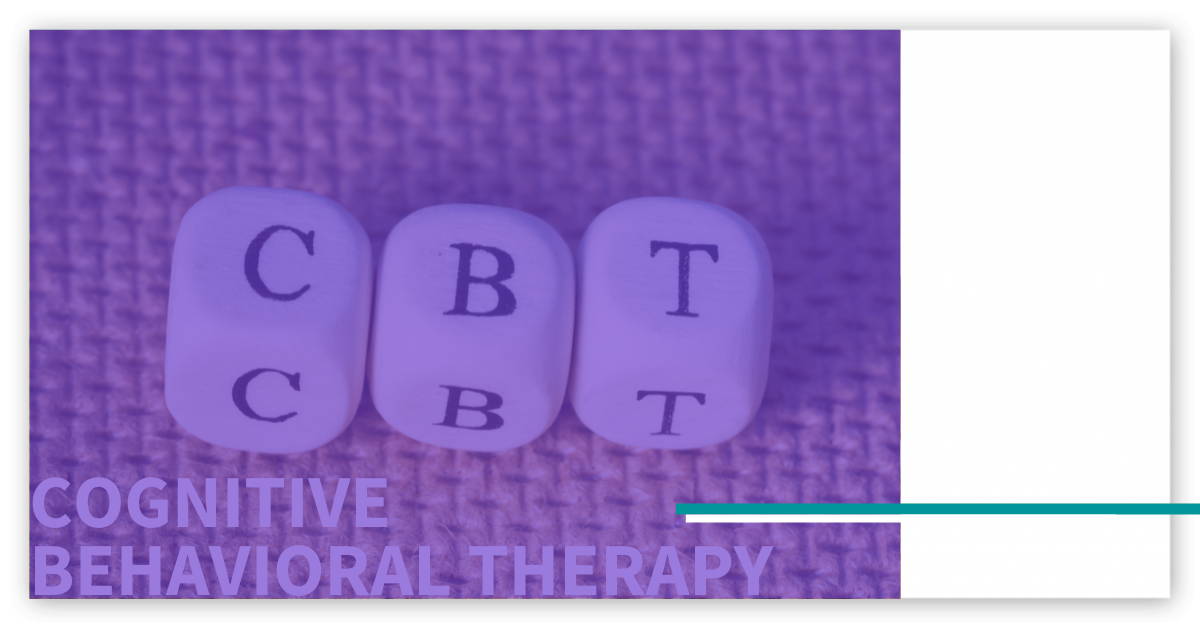What is Cognitive Behavioral Therapy (CBT)?
 LISTEN TO THIS ARTICLE:
LISTEN TO THIS ARTICLE:
What it is
Cognitive Behavioral Therapy (CBT) focuses on changing negative thinking patterns by learning and practicing new emotional skills. It improves mood and behavior by giving people new, adaptable tools to deal with difficult situations.
Who needs it
Clinicians most commonly use this form of psychotherapy to treat depressive disorders, anxiety disorders, Obsessive-Compulsive Disorder, Post-Traumatic Stress Disorder, and eating disorders. It also works as an additional treatment in psychotic disorders and Bipolar Disorder.
How it works
CBT is based on the idea that a patient’s personal experience of a situation determines their emotional, behavioral, and physiological reactions. Clinicians help patients learn to identify involuntary, self-deprecating thoughts. The thoughts are a reaction to patients’ inherent and inaccurate assessments of their situations. After that, these biased views of reality lead to the negative emotions and mood that characterize patients’ psychiatric disorders. Patients learn a variety of techniques to combat these automatic thoughts and eventually replace them with more adaptive, healthy thinking patterns.
Where to go
CBT is one of the most widely accessible forms of therapy and is available at most counseling centers. Additionally, you can look through your insurance company’s provider directory as a start for finding therapists in your network.
What to expect
Since the foundations of CBT were laid decades ago, large collections of studies have consistently shown that CBT is an effective primary treatment for these disorders. For example, CBT is more effective than antidepressant medication in preventing recurrence of symptoms.
What could happen
Like most other interpersonal therapies, CBT does not have a significant potential for negative side effects.


 Learn
Learn Find Help
Find Help